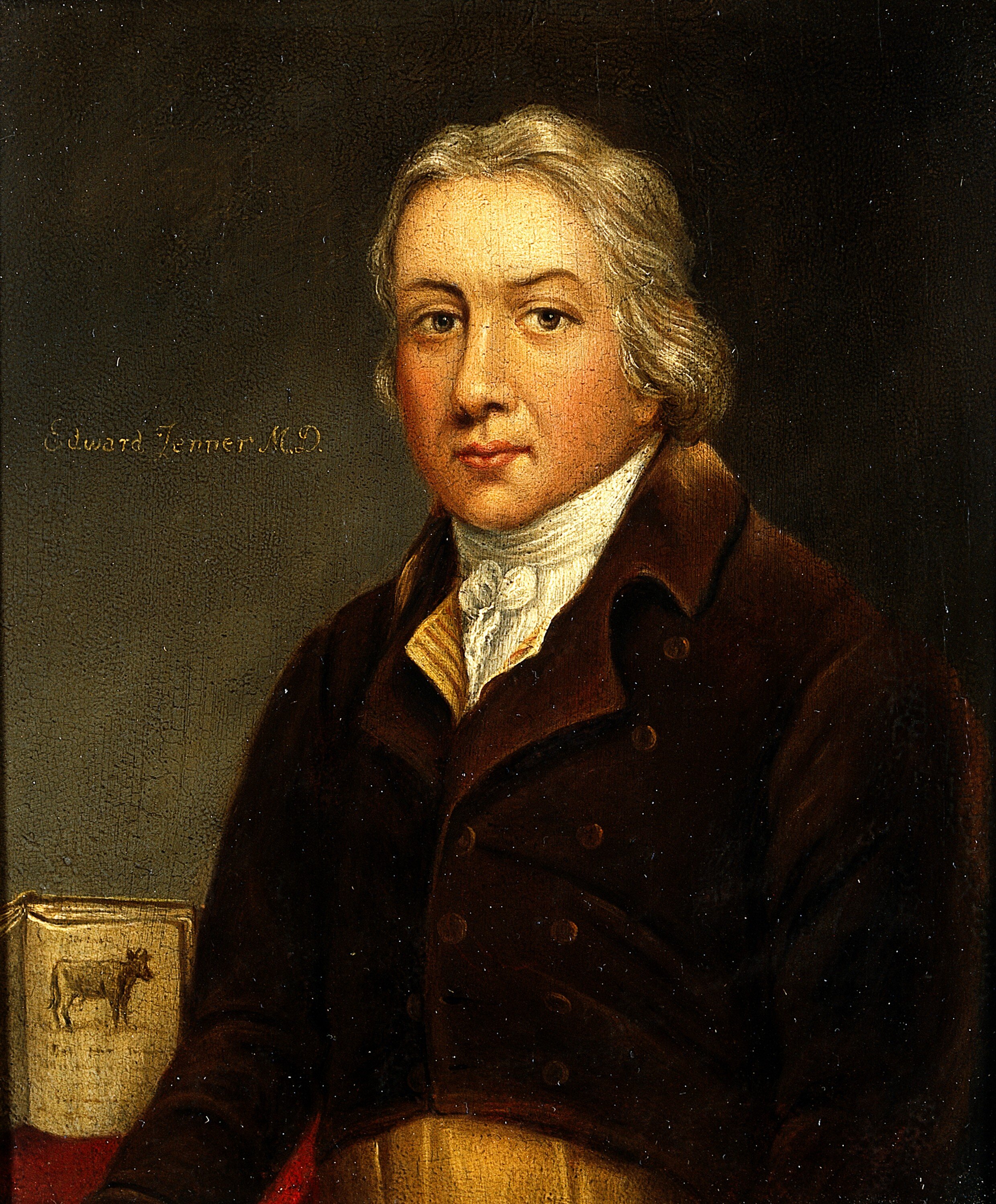After a year of bad news, some recent good news on the coronavirus front has been the successful stage 3 trials of vaccines from Pfizer, Moderna and Oxford University/AstraZeneca, with the first two claiming to be around 95% effective in protecting people from contracting Covid-19.
Of course, this news has not been universally welcomed. There is a growing anti-vaccination movement, with various strands to it. The figure of Andrew Wakefield still looms large – author of a fraudulent 1998 study which falsely claimed a link between the MMR vaccine and autism. Even though Wakefield was found to have falsified data for personal profit and his research has been totally discredited, the old saying rings true – ‘a lie travels halfway around the world while the truth is putting its shoes on’.
Opposition to vaccination is nothing new, however. Edward Jenner, the father of vaccination, who was a Christian, said to a friend a few days before his death: ‘I am not surprised that men are not grateful to me; but I wonder that they are not grateful to God for the good which He has made me the instrument of conveying to my fellow creatures’. In the words of Johannes Kepler, a key figure in the seventeenth-century scientific revolution, science is about thinking God’s thoughts after him. As someone has put it: ‘The science of medicine (and other technologies) is about approaching a universe of pain, knowing that it is pregnant with possible remedies placed there by our kind and gracious God’.
While there is an eccentric streak in some streams of Christianity that want to deny pain relief or medical remedies – and simply tell the patient to have more faith – this has, thankfully, always been confined to a small minority. Responsible Christian ministers will warn people against purveyors of false hope – those who prey on the vulnerable, and try and get them to swap proven medical remedies for ‘non-toxic therapies’. One of my fellow pastors in the RP Church of North America has been fighting leukaemia for seven years. He has a PhD in microbiology and taught at university level for 22 years before becoming a minister. He puts it like this: ‘Please, do not deprive yourself of the gift of scientific medicine that God has given us!’ While a lot of people who get cancer will not be successfully treated, and while a time may come when it’s no longer worth fighting, modern medicine has made some cancers highly treatable and highly survivable. As my friend put it: ‘If I had tried to treat myself or if I had opted for an alternative therapy, I would not be here today’.
Gratefully receiving the benefits of modern medicine is not in conflict with relying on God – it’s simply a recognition that while God can heal directly, he usually works through means (like doctors and medicine) to achieve his purposes.
But while we should thank God for vaccines and other medical advances, I worry that many are looking upon them as their salvation. While I understand, and to a large extent share, the desire to get back to normal – are there no lessons that we can learn from 2020? Back in April, a few weeks into lockdown, Matthew Parris wrote an article for The Times entitled: ‘We say everything will change but it won’t’. Talking about claims that Covid would bring about new levels of community spirit, and a greater appreciation of nature, he said: ‘Experience suggests that after much handclapping for the NHS, and unbearable levels of self-righteousness, we will gently slip back into our bad old ways’.
That has proved to be the case. Talk that ‘everything will change’ has been replaced by the question ‘When can we get back to normal?’. And yet in many ways 2020 has been God’s gift to us – we’ve been confronted with our own mortality as never before and been given time to think about where our lives are heading. We might blame 2020 for increased levels of fear, anxiety, bitterness and anger – but what if the events of this year have simply revealed what was already in our hearts?
According to his friend and biographer, Edward Jenner was ‘grateful to God for the signal mercies which He had given to man through him’. However for Jenner, although vaccination was a great gift, it wasn’t the great hope for mankind. In his own words, that could only be found in ‘The Sacred Scriptures’ – and the Saviour they are all about – ‘the only pillow on which the soul can find repose and refreshment’.
Published in the Stranraer & Wigtownshire Free Press, 26th November 2020

